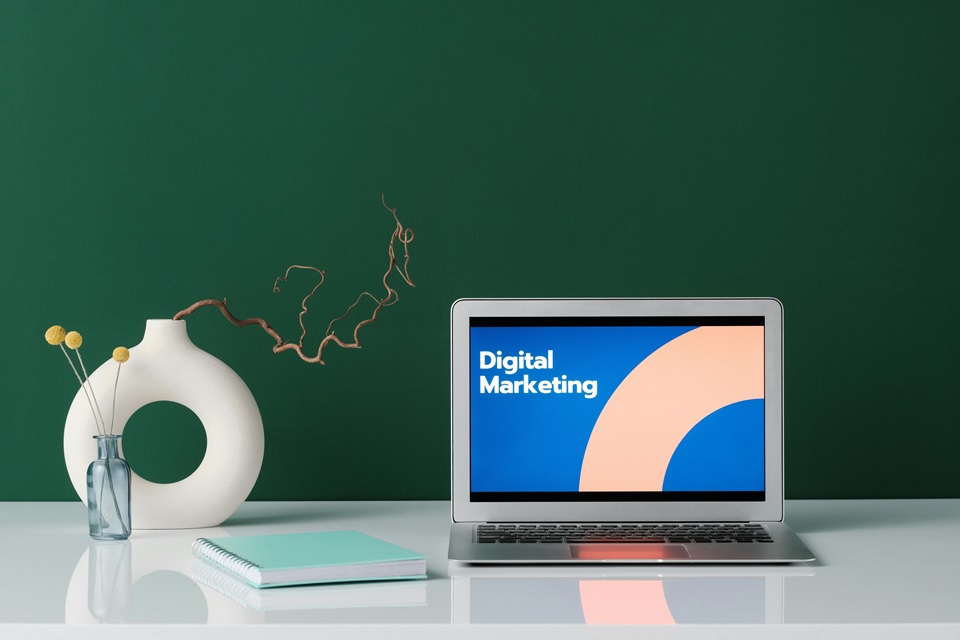Did you know that digital marketing is for every business, large or small? But, it often seems like the big names have all the advantages: deep pockets, massive teams, and the kind of brand recognition most small businesses can only dream of. But what if I told you that the gap between David and Goliath in this digital playground isn’t as wide as it appears? In fact, small businesses can learn a lot from their larger counterparts and implement strategies that are both effective and scalable without needing to inflate their budgets or hire a small army of marketers.
Table of Contents
The Art Of Storytelling
Large businesses have mastered the art of storytelling, weaving their products and services into narratives that engage and resonate with their audience. Small businesses can take a page from this playbook by crafting their unique stories. Your business story is a powerful marketing tool; it’s what sets you apart from the competition.
Start by identifying what makes your business unique. Is it your origin story, your commitment to sustainability, or perhaps the personal touch you add to your services? Use these narratives across your digital platforms, from your website to social media, to connect with your audience on a more personal level. Remember, people are drawn to stories, not sales pitches.
SEO: The Long Game That Pays Off
The digital behemoths spend a fortune to stay at the top of search engine results, but the beauty of SEO is that it’s fundamentally democratic. Small businesses can and should invest time into understanding and implementing SEO best practices. Begin with keyword research to understand the things that your potential customers want and need. Then, adjust your website content to rank for those terms. It’s a gradual process, but getting it right means you’re essentially earning free traffic.
Blogs are a fantastic tool for this; not only do they allow you to target a variety of keywords, but they also position you as an authority in your field. And, as you fine-tune your SEO strategy and climb the rankings, you’ll find yourself in a position to make money through SEO, not just drive traffic.
Social Media: Beyond Just Presence
It’s no secret that large companies have a formidable presence on social media, but it’s not just about quantity; it’s about quality and engagement. Small businesses should focus on building a strong, engaged community rather than trying to be everywhere at once. Choose one or two platforms to start with and focus your efforts there.
Create engaging and interesting content that speaks directly to your audience’s needs, questions, and pain points. Encourage interaction, and don’t forget about the power of live video; it’s a direct and engaging way to further connect with your audience, showcase your products or services, and share behind-the-scenes peeks into your business.
Use The Expertise Of A Digital Marketing Firm
Small businesses might wonder how they can amplify their digital marketing efforts without the vast resources of their larger counterparts. This is where the strategic partnership with a digital marketing firm becomes invaluable. Such firms bring a wealth of knowledge, experience, and tools that can help small businesses punch above their weight class. They help refine your marketing strategy and even run campaigns on your behalf, allowing you to focus on your core business operations.
A digital marketing firm can help identify the best channels and tactics for your specific business. They can also handle the intricacies of pay-per-click advertising, exciting email marketing campaigns, and daily social media management, driving both reach and engagement.
Most importantly, these firms can help you track and analyze your marketing performance, making it easier to see what’s working and what needs adjustment. Investing in digital marketing services will give you an appreciation for the value they bring in making your business more visible and engaging online.
Email Marketing: The Personal Touch
While finding new and shiny marketing channels is exciting, email marketing remains a cornerstone of digital marketing strategy for businesses of all sizes. The reason is simple: email allows for direct, personalized communication with your audience. Large businesses use email marketing to stay at the top of their customer’s minds, and small businesses can adopt this strategy to great effect.
The key is to make your emails valuable to your recipients. Offer exclusive content, early access to sales, or insightful information related to your industry. Personalization goes a long way, too; something as simple as including the recipient’s name in the subject line can increase open rates.



